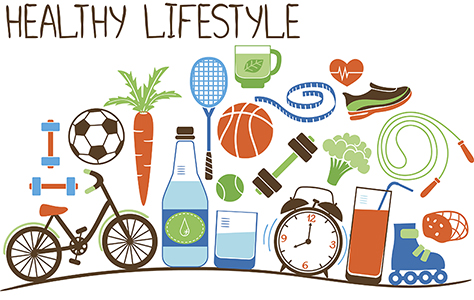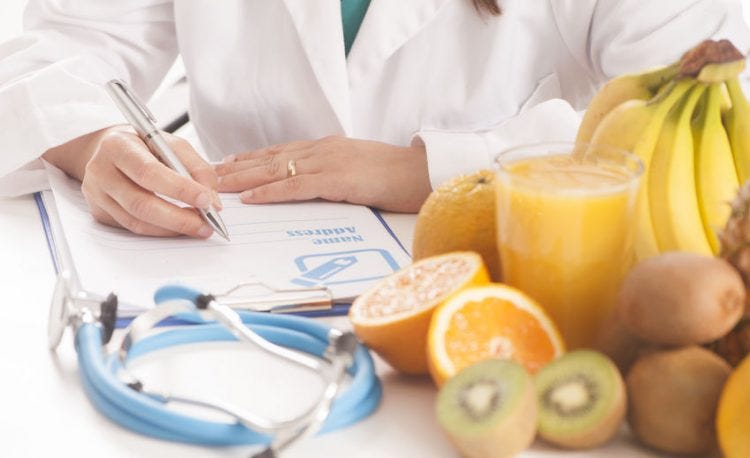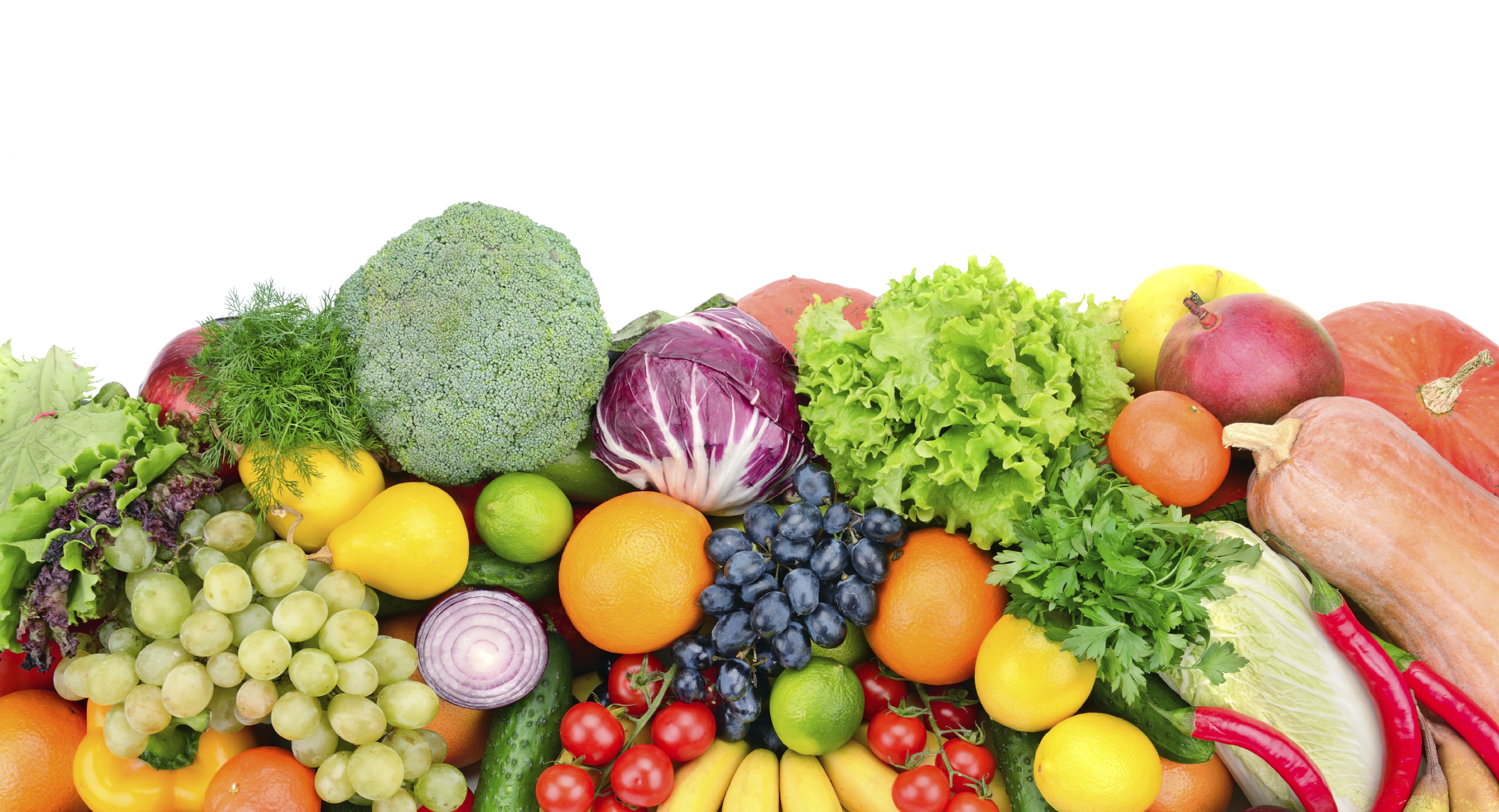
How to boost your immune system
While bolstering your immunity is easier said than done, several dietary and lifestyle changes may strengthen your body’s natural defenses and help you fight harmful pathogens, or disease-causing organisms.How can you improve your immune system? On the whole, your immune system does a remarkable job of defending you against disease-causing microorganisms. But sometimes it fails: A germ invades successfully and makes you sick. Is it possible to intervene in this process and boost your immune system? What if you improve your diet? Take certain vitamins or herbal preparations? Make other lifestyle changes in the hope of producing a near-perfect immune response?
What can you do to boost your immune system?

But that doesn't mean the effects of lifestyle on the immune system aren't intriguing and shouldn't be studied. Researchers are exploring the effects of diet, exercise, age, psychological stress, and other factors on the immune response, both in animals and in humans. In the meantime, general healthy-living strategies are a good way to start giving your immune system the upper hand.
Immunity in action

Healthy ways to strengthen your immune system
Your first line of defense is to choose a healthy lifestyle. Following general good-health guidelines is the single best step you can take toward naturally keeping your immune system strong and healthy. Every part of your body, including your immune system, functions better when protected from environmental assaults and bolstered by healthy-living strategies such as these:
- Don't smoke.
- Eat a diet high in fruits and vegetables.
- Exercise regularly.
- Maintain a healthy weight.
- If you drink alcohol, drink only in moderation.
- Get adequate sleep.
- Take steps to avoid infection, such as washing your hands frequently and cooking meats thoroughly.
- Try to minimize stress.
Increase immunity the healthy way

Many products on store shelves claim to boost or support immunity. But the concept of boosting immunity actually makes little sense scientifically. In fact, boosting the number of cells in your body — immune cells or others — is not necessarily a good thing. For example, athletes who engage in "blood doping" — pumping blood into their systems to boost their number of blood cells and enhance their performance — run the risk of strokes.
Attempting to boost the cells of your immune system is especially complicated because there are so many different kinds of cells in the immune system that respond to so many different microbes in so many ways. Which cells should you boost, and to what number? So far, scientists do not know the answer. What is known is that the body is continually generating immune cells. Certainly it produces many more lymphocytes than it can possibly use. The extra cells remove themselves through a natural process of cell death called apoptosis — some before they see any action, some after the battle is won. No one knows how many cells or what the best mix of cells the immune system needs to function at its optimum level.
- Vitamin A, B6, C, D and E can help increase the strength of the immune system. Vitamin C is the biggest booster of all and lack of it can cause several diseases including Scurvy. You can get Vitamin C from citrus fruits like Orange, Grapefruit, Spinach and Strawberries. You can take multivitamin supplements from your doctor, however, natural intake through food is the best way.
- Antioxidants are compounds in colorful fruits and vegetables that protect against free radicals. Free radicals can damage DNA and other cell components. Fruits and vegetables in a wide array of colors provide the best mix of protective antioxidants to
 boost overall health and immunity. Eat leafy greens, watermelon, carrots, berries, broccoli, oranges, kiwi, cantaloupe, and other brightly colored produce to give your cells and immune system all the natural protection they need to function at their best. Homemade chicken soup with carrots, celery, and other veggies can also be a boon to your immune system.
boost overall health and immunity. Eat leafy greens, watermelon, carrots, berries, broccoli, oranges, kiwi, cantaloupe, and other brightly colored produce to give your cells and immune system all the natural protection they need to function at their best. Homemade chicken soup with carrots, celery, and other veggies can also be a boon to your immune system.
- Ditch processed foods in favor of fruit, vegetables, lean meat, healthy fats, and whole grains to give your body and immune system everything they need to function at their best. Optimize your dietary habits to support your health. Processed foods including candy, soda, fast food, and snack foods contain empty calories that do not provide your body with vitamins, nutrients, or fiber. They often also contain chemicals and preservatives that are not good for your body. If you eat processed foods and instead of foods in their natural, unprocessed form, your body will be deprived of vitamins and nutrients that it needs to thrive.
- Colostrum is the referred to the first milk from nursing mammals. The advantage of being breastfed is the intake of protective antibodies you get from your mother. These antibodies are the reason that the breastfed children are healthier and have less risk of catching a cold or allergies. We can harness the antibodies of first milk even when we are adult. In powder form, obtained from cows, goats and other mammals, these antibodies can be mixed with water, juice and shakes.
- Some research has suggested that compounds in herbs and supplements can enhance immunity. Garlic, astragalus, milk thistle, ginseng, green tea, black cumin, and licorice are just a few herbs that have been reported to have immune boosting benefits.
- This is established that, those with the strongest social relationships were most likely to live longer than those with poor social connections. There are lots of ways to develop and strengthen social ties. Pick up the phone and call friends regularly. Make plans to get together in person. Volunteer for a cause you believe in. Join a class or join a group related to an interest or hobby you have. Keep up with old friends and make new ones to strengthen and expand your social.
- People immune systems are stronger when they feel optimistic. Make optimism work for you. Try to see the glass as half full, not half empty. Practice gratitude and think of at least three things that you are grateful for every day. Imagine the best outcome for situations, even difficult ones. You may not always be able to control events around you, but you can always decide how to respond to them. Respond with a good attitude to increase the chances of the best outcome and to strengthen your immunity.
- Exercise is also an immune booster. To reap maximum benefits, try to be moderately physically active for at least 30 minutes on most days of the week. Exercise has numerous health benefits including protecting you against heart disease, osteoporosis and even certain type of cancer. Walking is one of the simplest ways to exercise. If you're not excited about walking, try yoga, swimming, cycling, or golf. Gardening is also a good way to get some outdoor activity.
- Alcohol depresses the immune system so it's best to drink it in moderation or not at all. Nicotine Is immuno-suppressive a dangerous substance, smoking is bad for immune system. People who use tobacco are also at increased risk of health problems like lung cancer, asthma, stroke and heart attack.























